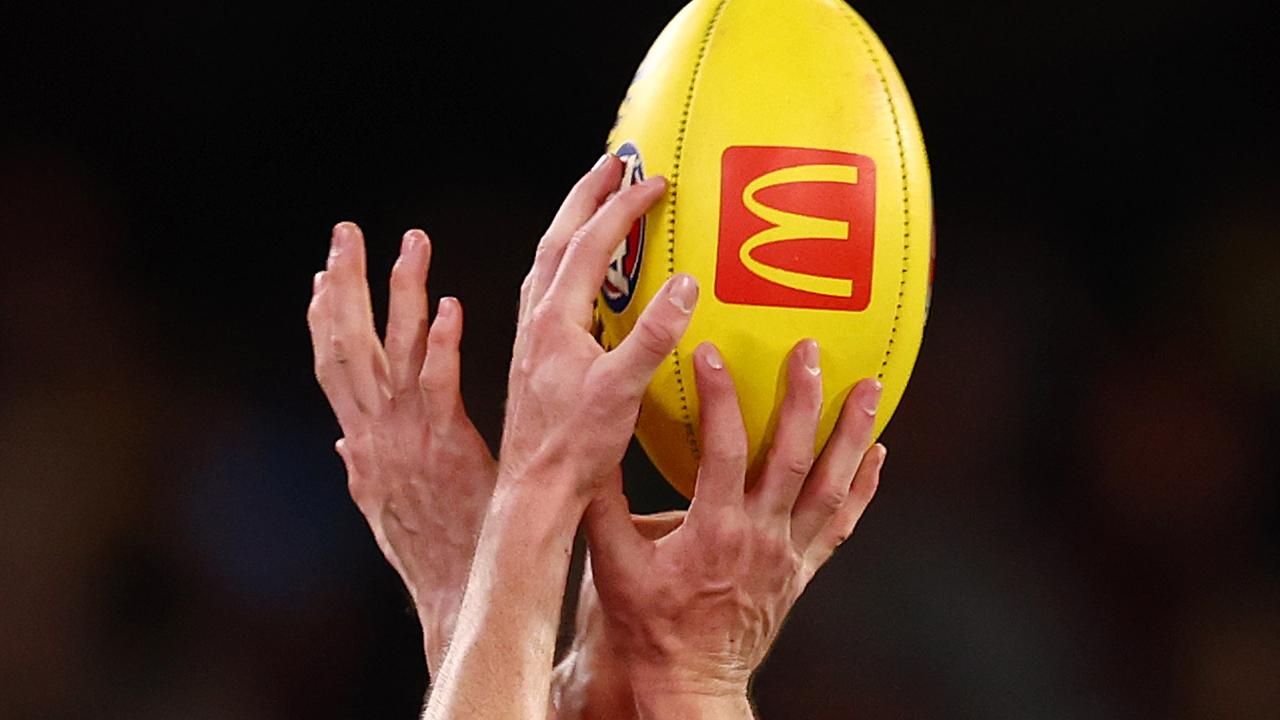A former AFL player reportedly tested positive for a performance-enhancing substance while playing in a lower-level competition following the end of his professional career.
The player, who finished his AFL career in 2023, has this year been placed under provisional suspension, reports The Age’s Jake Niall.
It’s understood the player tested positive while playing in a lower-level league last year, and despite having put an end to his professional career by that stage, could still be tested under the AFL’s Anti-Doping Code within 12 months of his AFL exit.
FOX FOOTY, available on Kayo Sports, is the only place to watch every match of every round in the 2025 Toyota AFL Premiership Season LIVE in 4K, with no ad-breaks during play. New to Kayo? Get your first month for just $1. Limited-time offer.
The report elected not to name the player in question.
The player’s test was undertaken by Sport Integrity Australia; the governing body, formerly known as ASADA, which aims to preserve fairness at all levels of Australian sport.
Under the AFL Anti-Doping Code, if a player intentionally takes a prohibited substance to gain an advantage, they are subject to a maximum ban of four years. Local leagues, including the state competitions, are held to the same rules.
In late 2024, ex-Melbourne player Joel Smith was suspended four years by SIA for cocaine use and trafficking after turning up a positive result on a matchday test in August 2023.
Fyfe: ‘It’s been an incredible journey!’ | 02:21
But unlike Smith’s circumstances, Niall reports the unnamed player in question’s alleged breach was “for a substance that is banned both in and outside the competition”.
He noted also that positive results for performance-enhancing drugs were “extremely rare” in the AFL, as cases of positive tests for illicit substances are more common.
Then-Collingwood players Josh Thomas and Lachie Keeffe copped two-year bans in 2015 after testing positive for performance-enhancing drugs.
The ‘Essendon 34’ that were banned for the 2016 season after four years’ worth of investigation did not return positive tests for a banned substance but rather were suspended on circumstantial evidence they were administered with a banned substance.

